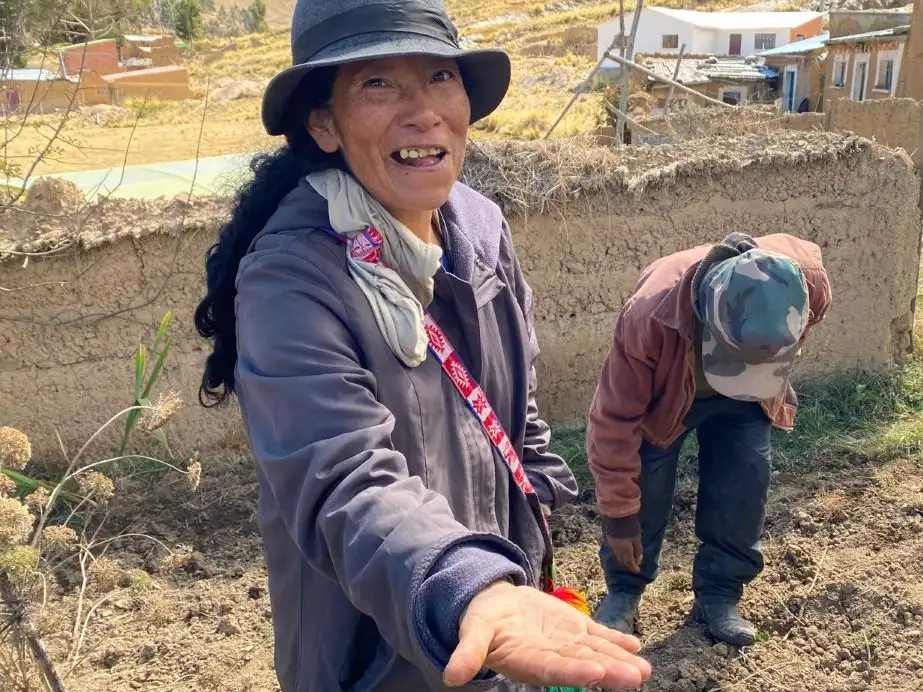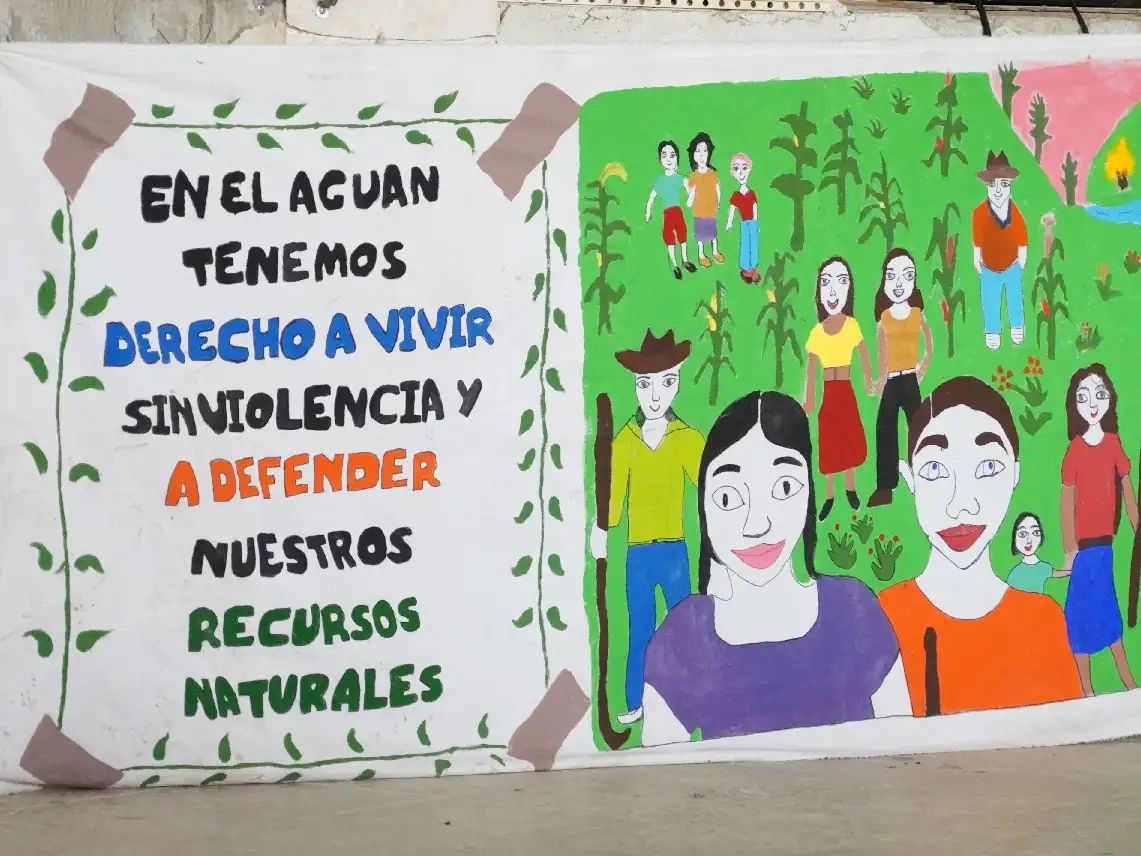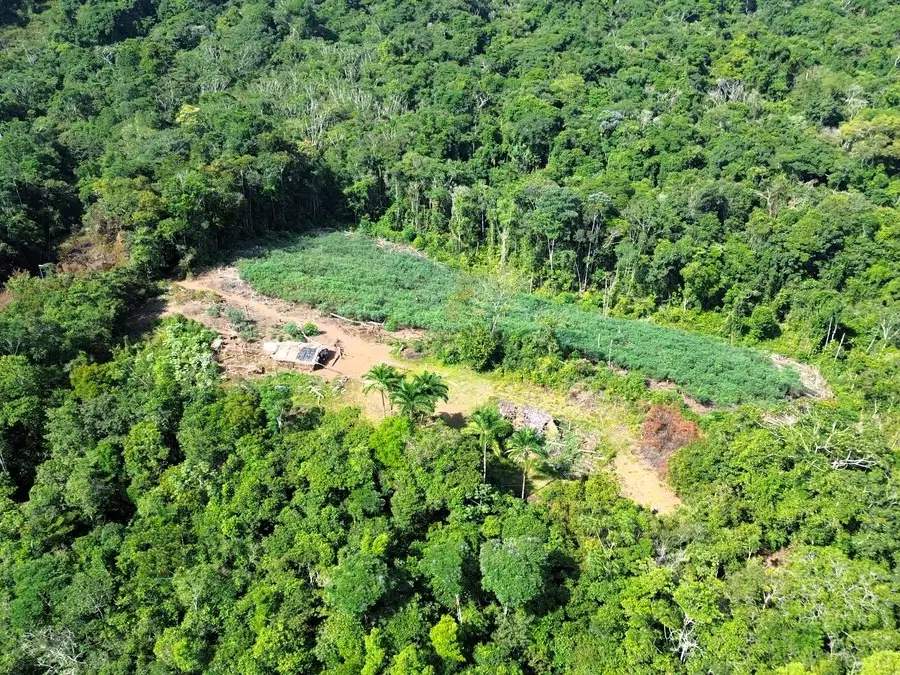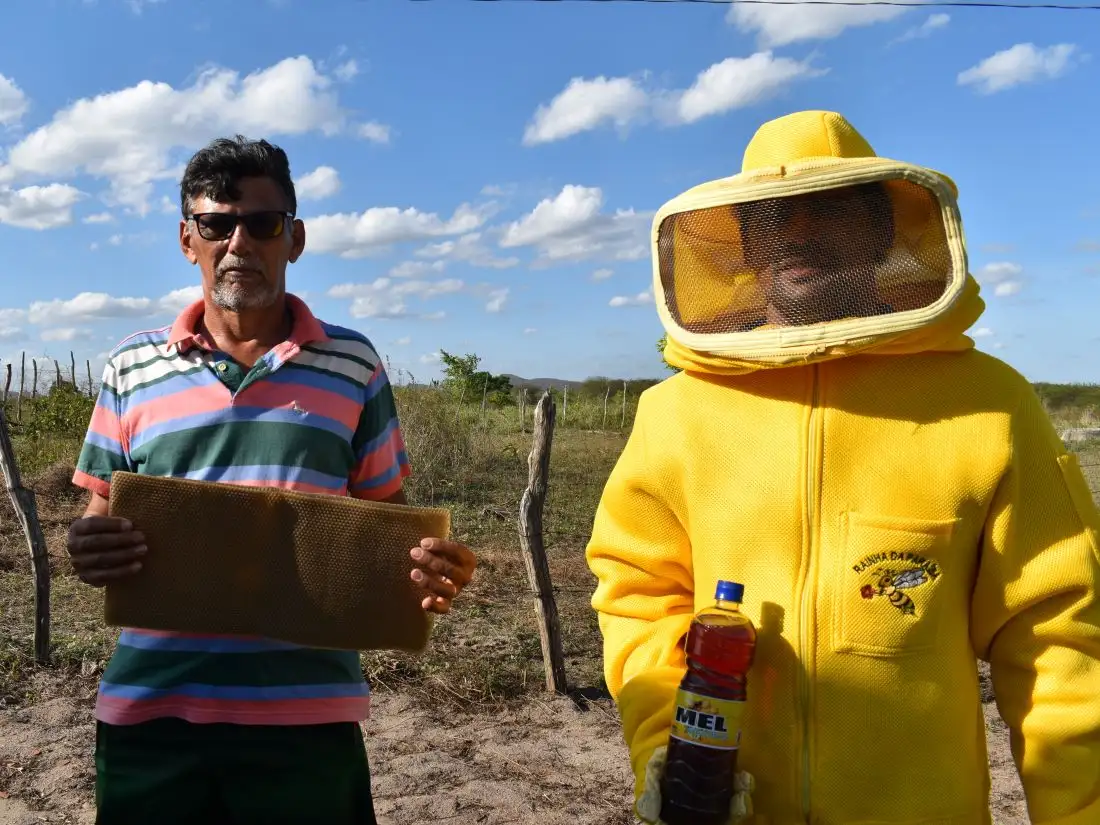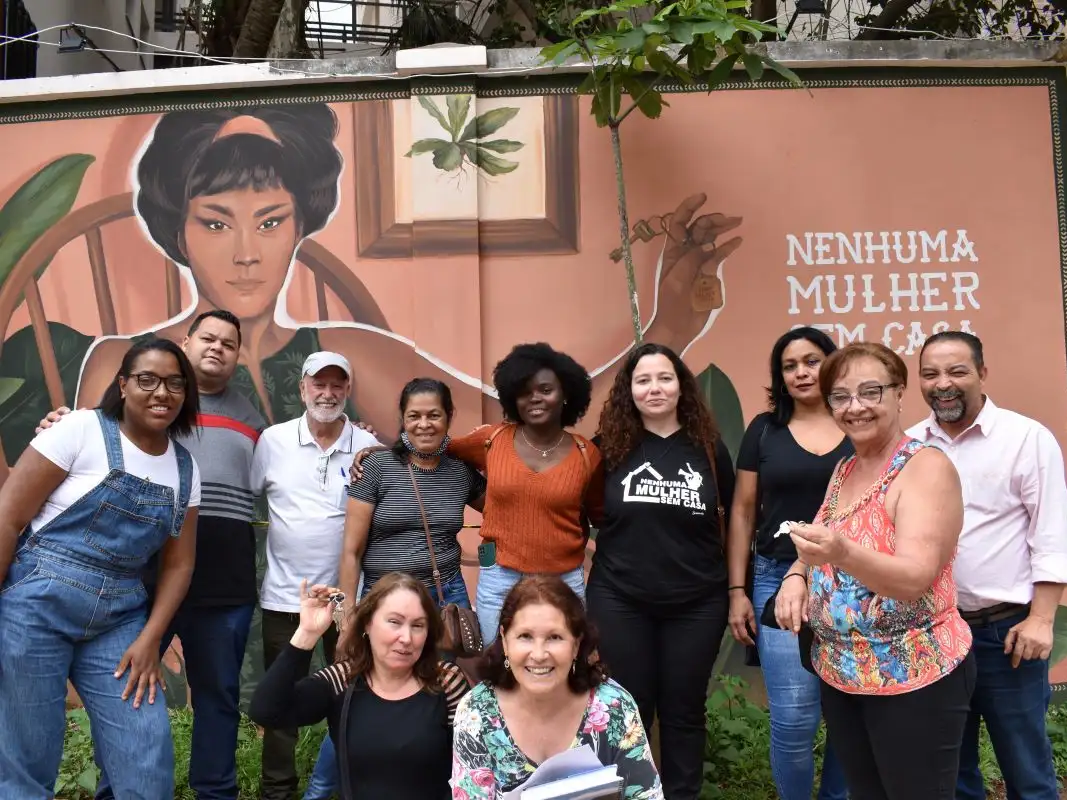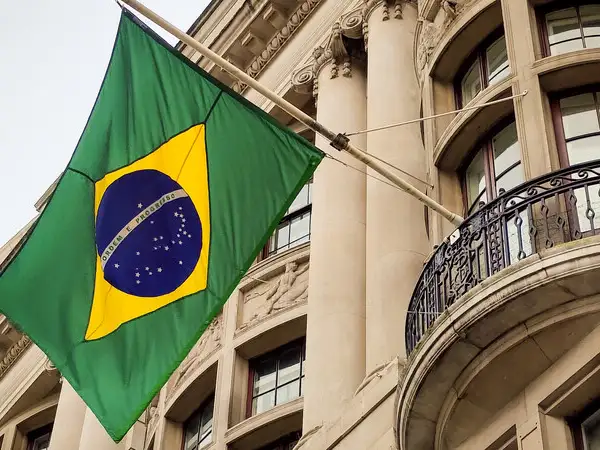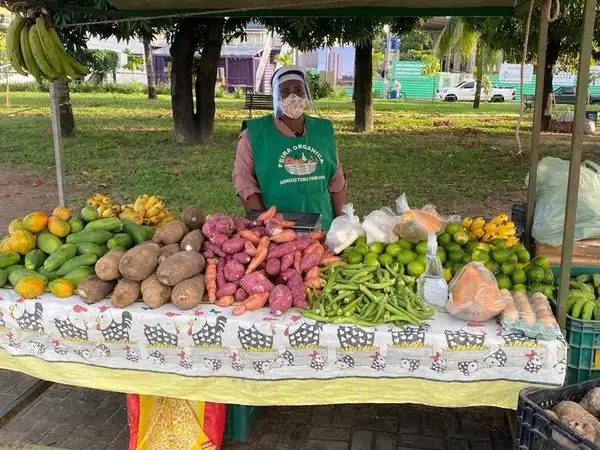

Communities from the Ajarani region of the Amazon campaign against the illegal invasion of indigenous lands by large scale farmers.
CAFOD is working with indigenous people in Brazil to protect their rainforest home, supporting homeless families in their struggle to find housing, and helping young people find opportunities for a better life.
Why CAFOD works in Brazil
Brazil is the largest country in Latin America, rich in diversity and natural resources. However, it is also one of the most unequal nations in the world and 50 million Brazilians live in poverty.
The government has made cuts to health, education and housing that are affecting the poorest most of all. Legal protection of human rights and the environment has also been undone.
The homes of rural and indigenous communities are vulnerable to the expansion of large-scale farming, mining and timber projects, and this has led to violence against communities who defend their rights. Indigenous people have been murdered, criminalised, threatened and evicted from their land.
Our work in Brazil
CAFOD has been working with local experts in Brazil for over 50 years.
With your support, together we are:
Helping homeless families in São Paulo living in overcrowded shanty towns with poor sanitation, who will find it nearly impossible to follow coronavirus prevention measures, and are very vulnerable to the disease.
Lobbying the government to provide basic welfare for the poorest, who will be affected most by the virus.
Supporting indigenous people to improve their living conditions, and to access health and education during the coronavirus crisis.


